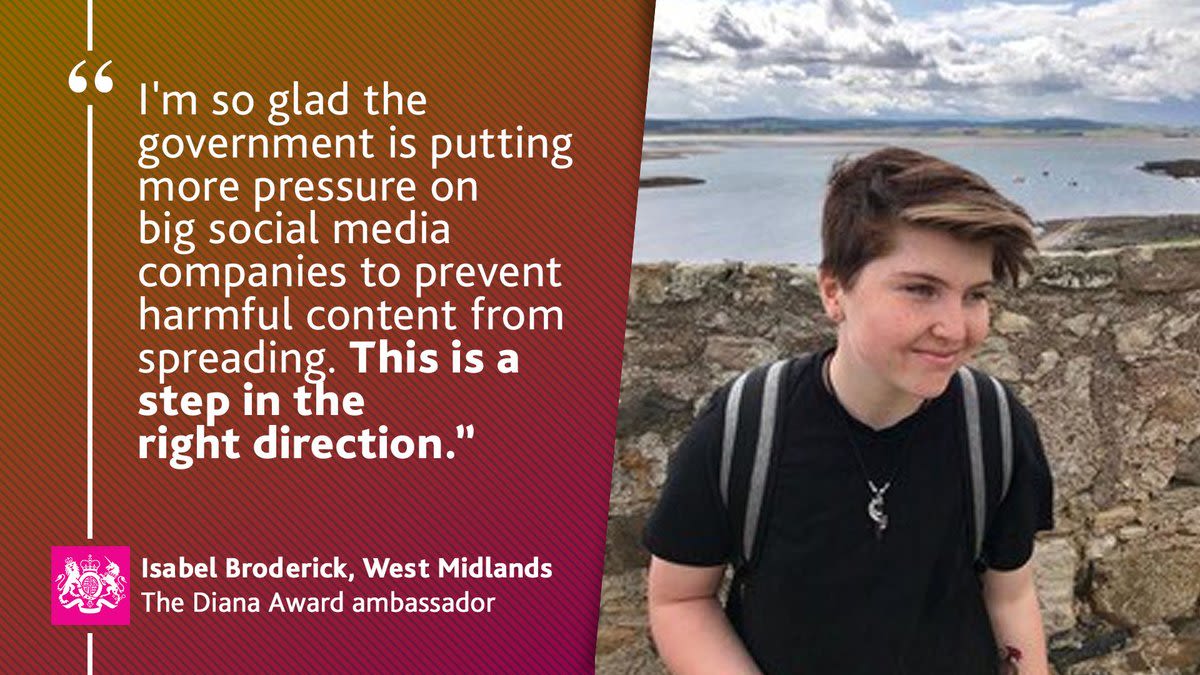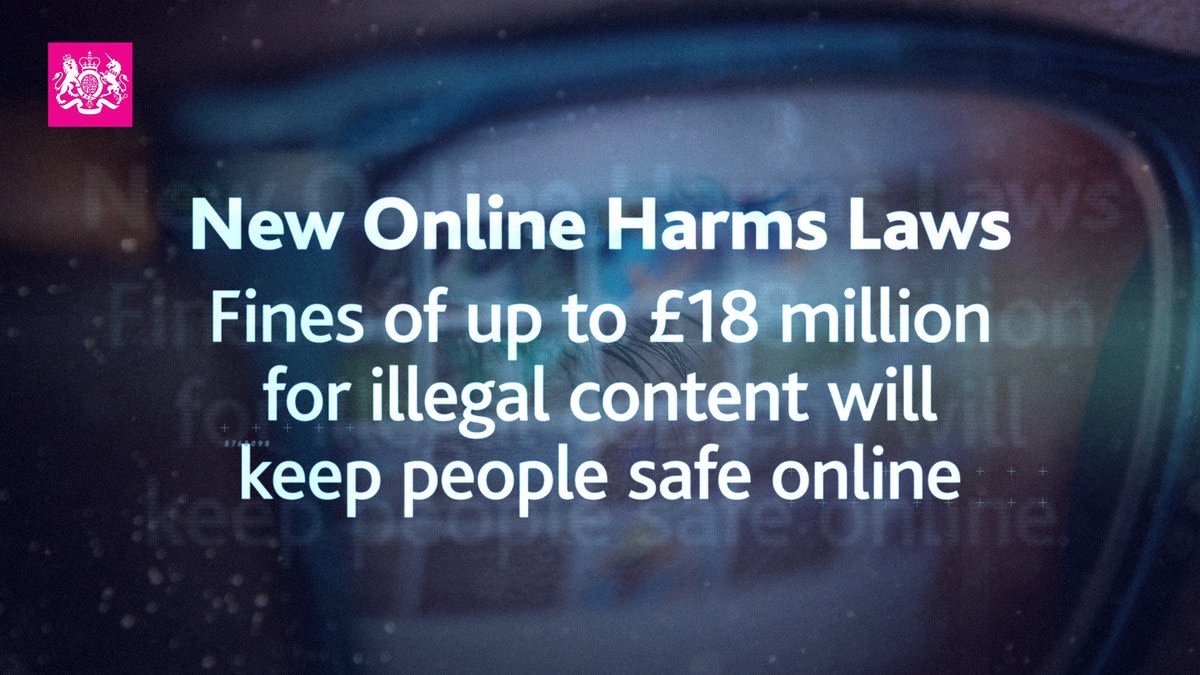EXPLAINED: ONLINE SAFETY BILL

The Online Safety Bill will help keep people safe online, while protecting freedom of speech.
Designed as a set of regulations that online platforms will have to follow, tech companies and websites will be required to play an active role in reducing harmful content, including, but not limited to, material promoting terrorism, racism, hate speech, child sexual exploitation and abuse, cyberbullying and suicide.

Who does it affect?
The new laws will apply to websites that host user-generated content or facilitate interaction between users, such as comments and messaging. It will also apply to search engines. This means the law will apply to a wide range of popular websites and apps, including:
• Social media and video-sharing platforms
• Search engines
• Online marketplaces

Who will implement it, and how?
Ofcom has been appointed as the independent regulator overseeing these new rules, ensuring online platforms tackle harmful and illegal content sufficiently, in addition to mapping out systems and processes for platforms to keep their users safe.
Photograph: Dominic Lipinski/PA

Online platforms could face fines of up to £18 million or 10% of their global annual turnover (whichever is higher) if they fail to comply with the new regulations, with the added risk of having their sites blocked in the UK for the most serious failures.
News websites will not be in scope of the bill, and freedom of speech will be protected. The new laws will help to make the UK the safest place to be online.
